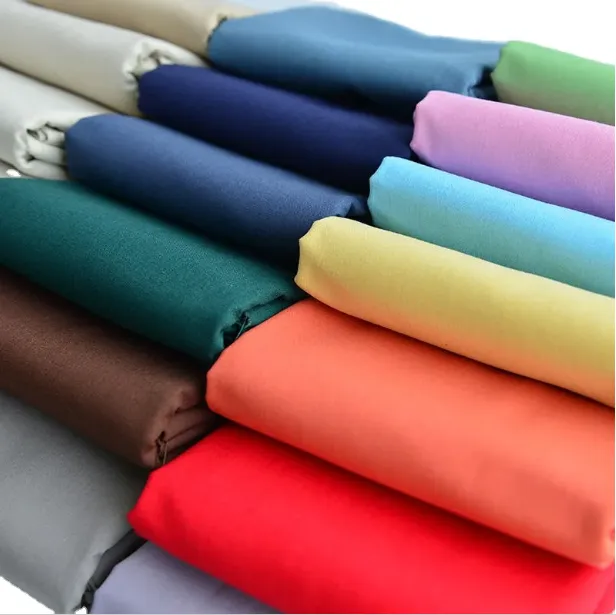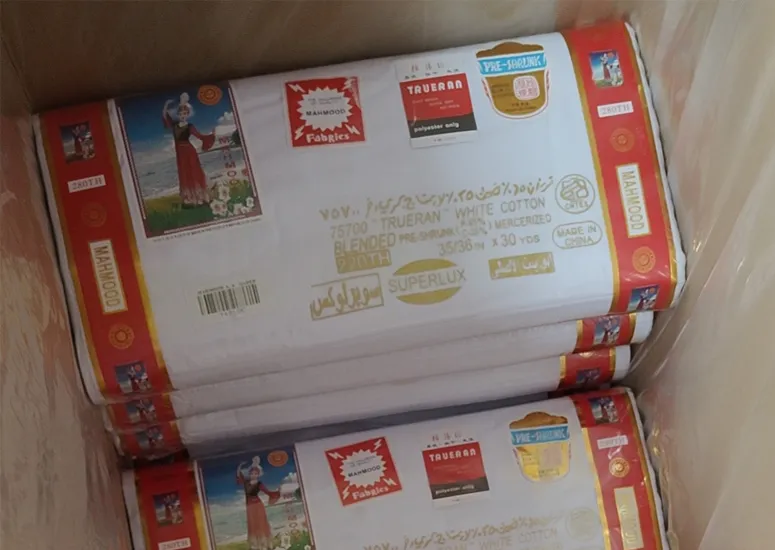
- Afrikaans
- Albanian
- Amharic
- Arabic
- Armenian
- Azerbaijani
- Basque
- Belarusian
- Bengali
- Bosnian
- Bulgarian
- Catalan
- Cebuano
- Corsican
- Croatian
- Czech
- Danish
- Dutch
- English
- Esperanto
- Estonian
- Finnish
- French
- Frisian
- Galician
- Georgian
- German
- Greek
- Gujarati
- haitian_creole
- hausa
- hawaiian
- Hebrew
- Hindi
- Miao
- Hungarian
- Icelandic
- igbo
- Indonesian
- irish
- Italian
- Japanese
- Javanese
- Kannada
- kazakh
- Khmer
- Rwandese
- Korean
- Kurdish
- Kyrgyz
- Lao
- Latin
- Latvian
- Lithuanian
- Luxembourgish
- Macedonian
- Malgashi
- Malay
- Malayalam
- Maltese
- Maori
- Marathi
- Mongolian
- Myanmar
- Nepali
- Norwegian
- Norwegian
- Occitan
- Pashto
- Persian
- Polish
- Portuguese
- Punjabi
- Romanian
- Russian
- Samoan
- scottish-gaelic
- Serbian
- Sesotho
- Shona
- Sindhi
- Sinhala
- Slovak
- Slovenian
- Somali
- Spanish
- Sundanese
- Swahili
- Swedish
- Tagalog
- Tajik
- Tamil
- Tatar
- Telugu
- Thai
- Turkish
- Turkmen
- Ukrainian
- Urdu
- Uighur
- Uzbek
- Vietnamese
- Welsh
- Bantu
- Yiddish
- Yoruba
- Zulu
មករា . 25, 2025 02:58
Back to list
carded cotton vs combed cotton
For generations, people have enjoyed the comfort that well-made clothing provides. Amidst the swathes of fabric choices available, modal cotton emerges as a premium material, setting new standards for comfort and sustainability. As one trends toward eco-friendly choices without compromising on feeling, modal cotton appears as an undeniable champion of both realms.
With advancements in textile technology and eco-friendly practices, modal cotton’s role in the clothing industry is projected to grow. Its production involves less water consumption compared to traditional cotton processing, which is a critical factor in global regions where water scarcity is a major concern. Additionally, as a biodegradable fabric, disposal of modal cotton apparel inadvertently supports the planet. This ecological cyclicality reinforces modal cotton as a responsible choice for environmentally conscious consumers. The authoritative appeal of modal cotton cannot be overstated. Only a few textiles compare in terms of widespread endorsement by fashion designers and sustainability advocates alike. Numerous clothing brands are increasingly incorporating modal cotton into their collections, a nod to its versatility and high-performance fabric characteristics. As with any authoritative trend in fashion, consumer trust is largely backed by consistent product quality and verifiable sustainability practices, both of which modal cotton delivers without compromise. To conclude, adopting modal cotton is not merely about selecting a fabric, but about embracing a lifestyle choice that harmonizes comfort, sustainability, and durability seamlessly. For consumers and product innovators alike, modal cotton represents the intersection of eco-friendly advancement and everyday luxury, promising a future where sustainable and deeply satisfying fabric experiences become the norm rather than the exception. In a world that demands more from its textiles, modal cotton rises to meet these demands with authority and trust, steadfast in its promise to deliver unparalleled fabric excellence.


With advancements in textile technology and eco-friendly practices, modal cotton’s role in the clothing industry is projected to grow. Its production involves less water consumption compared to traditional cotton processing, which is a critical factor in global regions where water scarcity is a major concern. Additionally, as a biodegradable fabric, disposal of modal cotton apparel inadvertently supports the planet. This ecological cyclicality reinforces modal cotton as a responsible choice for environmentally conscious consumers. The authoritative appeal of modal cotton cannot be overstated. Only a few textiles compare in terms of widespread endorsement by fashion designers and sustainability advocates alike. Numerous clothing brands are increasingly incorporating modal cotton into their collections, a nod to its versatility and high-performance fabric characteristics. As with any authoritative trend in fashion, consumer trust is largely backed by consistent product quality and verifiable sustainability practices, both of which modal cotton delivers without compromise. To conclude, adopting modal cotton is not merely about selecting a fabric, but about embracing a lifestyle choice that harmonizes comfort, sustainability, and durability seamlessly. For consumers and product innovators alike, modal cotton represents the intersection of eco-friendly advancement and everyday luxury, promising a future where sustainable and deeply satisfying fabric experiences become the norm rather than the exception. In a world that demands more from its textiles, modal cotton rises to meet these demands with authority and trust, steadfast in its promise to deliver unparalleled fabric excellence.
Next:
Latest news
-
The Versatility and Elegance of White Cotton Poplin FabricNewsJun.23,2025
-
The Luxurious Comfort of Carded CottonNewsJun.23,2025
-
Explore the Luxurious Comfort of Cotton Flannel ClothNewsJun.23,2025
-
Discover the Versatility of Cotton Poplin ClothNewsJun.23,2025
-
Bleach Cotton FabricNewsJun.23,2025
-
100 Cotton BlendNewsJun.23,2025
-
Versatile Elegance with Poplin Fabric for SaleNewsMay.15,2025
